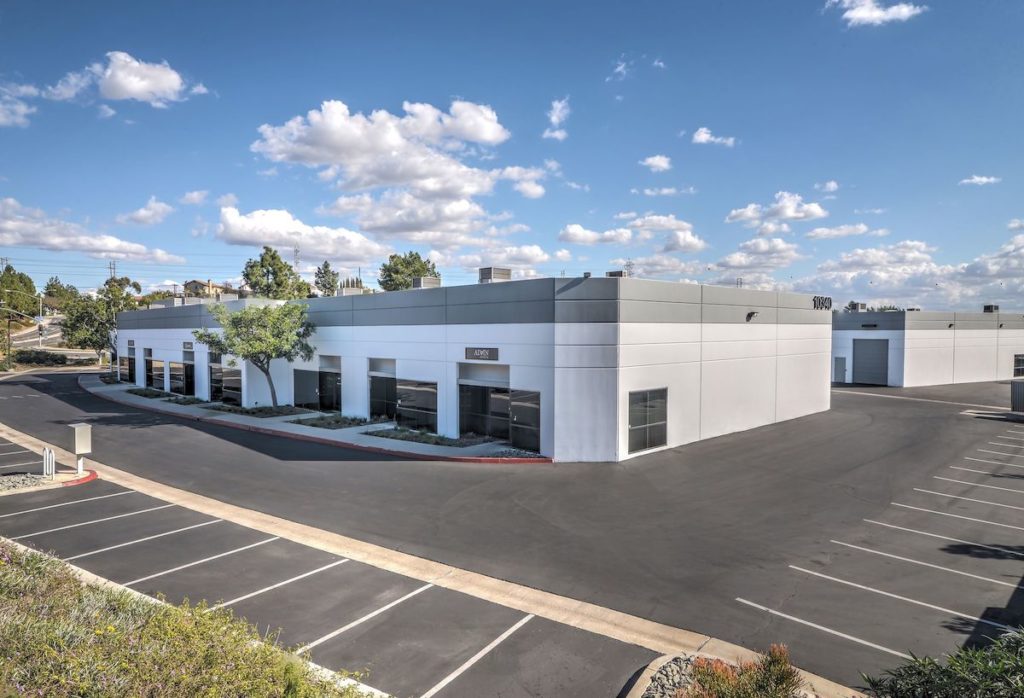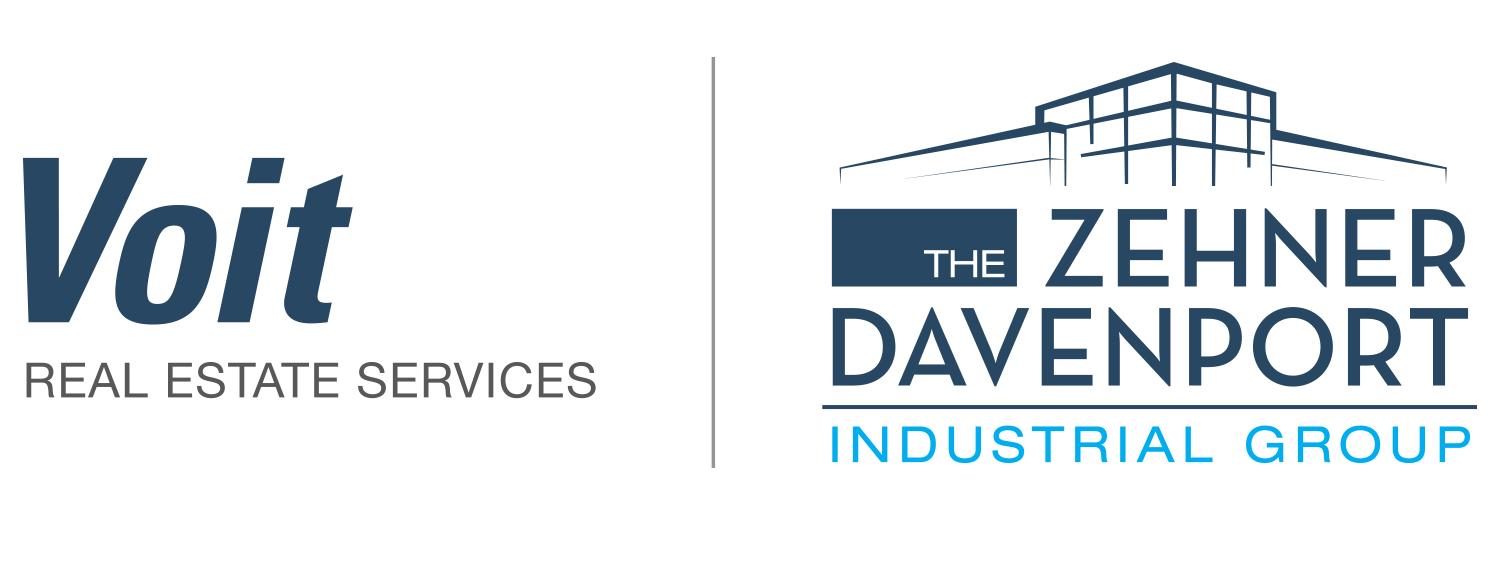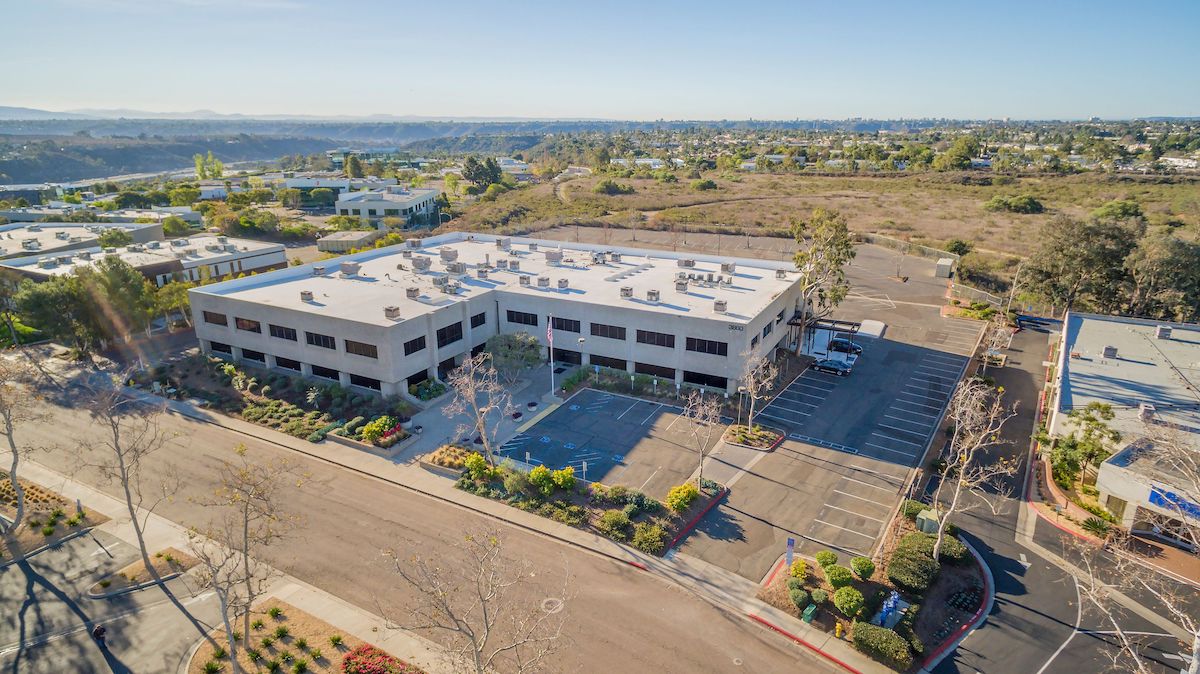In the era of cheap money we were living in for more than a decade, finding a killer rate on an industrial property mortgage was a no-brainer…
But, the Fed put a stop to all that in early 2022 when it went to war with inflation by raising the Fed Funds Rate, seven times in all, taking it from 0% to 4.5%. Mortgage rates that were in the low 3% range just 10 months ago, shot up to 6.5% or more in response.
So, at least for now, the cheap money party is over and a new era of more moderate rates is upon us. For how long, we don’t know. But, for rates to go back to where they were, the economy would have to be in enough trouble for the Fed to reach back into its bag of easy money tricks. So, those waiting for rates to come back down should be careful what they ask for.
The most obvious result of the rise in rates has been the abrupt change of direction in the decade-long run-up in property values. Buyers are now loathe to pay record prices utilizing debt that is twice as expensive to service.

Institutions slammed on the brakes in Q3 of 2022 and are proceeding cautiously and at price points that reflect the higher cost of capital. Owner/user buyers have moved to the sidelines to wait it out, which has substantially impacted demand. Price reductions are now common and time-on-market can finally be measured in months again rather than days. Simply put, the bid-ask gap is widening and only the most serious sellers have come to grips with the fact that they missed the top of the market. Those wannabe sellers who are less convinced of that fact will remain owners for the time being.
All that said, demand has not come to a screeching halt as it did heading into the Great Recession. It’s still running ahead of the supply of good quality industrial real estate, but buyers are insisting on pricing that reflects the new normal in terms of rates. The great stare-down is on and buyers have gained the upper hand in the contest.
Many of you who own industrial properties have held your properties for more than 10 years, have no mortgage debt and your buildings figure heavily into your retirement plans. Some owner/users close up shop and lease their buildings out for the income, while others exchange into single-tenant-net-leased investments and enjoy the safe cash flow from a national fast food chain or drug retailer. Some are even opting to exchange into Delaware Statutory Trusts (DST) to spread risk and avoid property management hassles.
What we don’t see are that many straight sales for two main reasons:
- First, a straight sale is a taxable event, and most property owners refuse to relinquish over a third of their huge gains to the state and federal governments.
- Second, many owners don’t know what they would do with such a large pile of cash. Stashing it in the bank barely pays half the rate of inflation these days, and other asset classes like stocks and bonds can be riskier than real estate.
So, many property owners who had plans to sell in the next few years and ride off into the sunset, are wondering what the heck they should do.
Another option we believe will become more popular in 2023 is the installment sale.
The installment sale alternative has been around for a long time, and in the right circumstances, it can still make a lot of sense. The concept is simple. You sell your building to a buyer and trade in your owner’s hat for a banker’s hat. You collect a suitable down payment and realize your gain over time as you receive principal payments on the mortgage you offer the buyer, which can be on any terms acceptable to both parties.

For you, it is still a taxable event, but paying as you go may be more palatable than stroking seven-figure checks for the entire amount to the IRS and FTB in one sitting. If you happen to be a legal resident of a no-income-tax state at the time, all the better because California taxes gains as ordinary income.
You and your buyer set the mortgage amount, interest rate, and all the other terms of the loan. No bankers to deal with because you are the bank. And you’ve solved the problem of what to do with your gains, as you will be invested in a Deed of Trust that secures the promissory note given by the buyer. If the buyer defaults, you take the property back to sell again. The only significant risk is a steep loss in the property’s value at the time of foreclosure, but you will have already pocketed the down payment, which is yours to keep.
So, if you have interest in exploring a sale of your property but don’t want to pay all those taxes at once and you need a place to invest your gain at a reasonable rate of return, it may be wise to consider an installment sale. We have developed a nifty spreadsheet that will lay it all out for you, and we would be happy to prepare a customized and complimentary model for you to review with your financial advisors.
Looking to learn more about installment sales? Click here to read our 2018 post on the subject.


Leave a Reply
You must be logged in to post a comment.